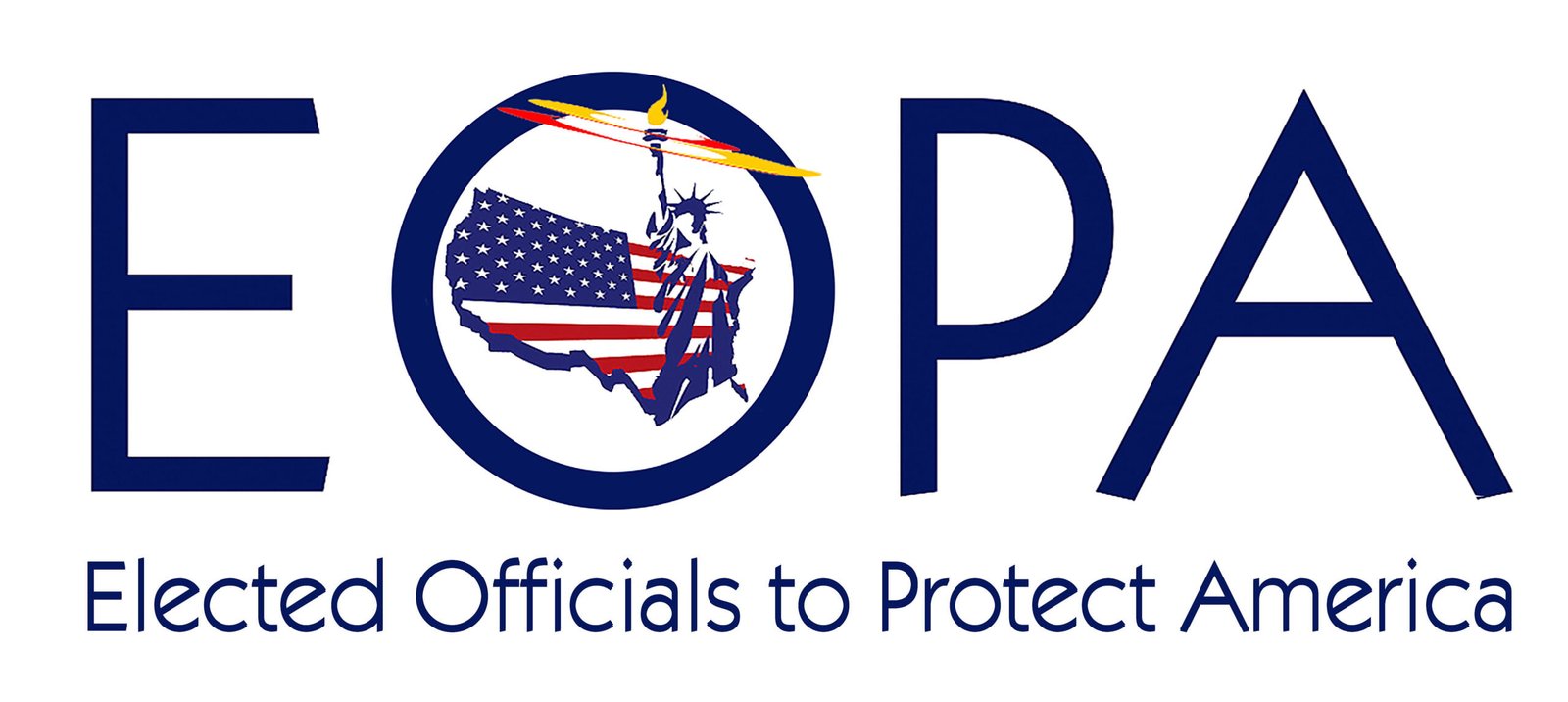Over a thousand EOPA elected officials call for the strongest EPA regulations for dirty CO2 pollution from power plants to protect people and our planet
June 29, 2023
Philadelphia, Pennsylvania – In May the U.S. Environmental Protection Agency (EPA) announced its proposed plan to cut climate pollution from existing coal, existing gas, and new gas power plants. With this announcement, President Biden is taking another meaningful step toward meeting his pledge to cut climate pollution in half by 2030. This new standard will slash carbon pollution by 617 million metric tons from 2028 to 2042, which will help ensure clean air and a healthy climate for all Pennsylvanians.
CO2 emissions for existing U.S. power plants produce about 25 percent of the country’s greenhouse gas pollution. The proposed rule would require almost all existing and future coal and gas-fired power plants to cut or capture nearly 100 percent of their CO2 emissions by 2040.
When implemented, the regulations — combined with President Biden’s plans to speed up the transition to electric vehicles, curb methane leaks from oil and gas wells, and energize the economy with the Inflation Reduction Act’s (IRA’s) investment of $370 billion into clean energy — would significantly reduce U.S. emissions and put the country on track to meet President Biden’s pledge to cut the country’s emissions in half by 2030 and to reach net zero by 2050.
Elected Officials to Protect America’s (EOPA’s) included these measures, along with others, in its Climate Emergency Plan, that over 1,070 elected officials from across the country have signed onto with an online letter to the President and Congress.
“Since the creation of our Climate Emergency Plan, Elected Officials to Protect America has helped herald the Inflation Reduction Act and the Infrastructure Law into being. But these measures alone won’t achieve the U.N. climate goals we need in order to hold back devastating climate crisis storms, drought and fires that are projected, which would result in millions of displaced people and spur conflict. This is a national security threat. The EPA needs to enact the strongest power plant CO2 emission standards without delay,” said Alex Cornell du Houx, former Maine state Representative, Marine combat veteran, President of the Elected Officials to Protect America, and Co-Founder.
“Over the last two decades, Pennsylvania’s power generating sector has reflected a shift from coal to natural gas-burning generators, which now account for over half of all electricity generated in the Commonwealth. While air quality has improved as a result, natural gas generators still emit massive amounts of carbon pollution. Because Pennsylvania is the third largest producer of electricity in the U.S., federal policies are critical. We need stricter rules across Pennsylvania, and nationally, to ensure that all greenhouse gasses (GHGs) emitted from our energy sector are either captured, or replaced with truly environmentally-friendly generation sources,” said Joel Hicks, Pennsylvania, Carlisle Borough Councilmember, Elected Officials to Protect America Leadership Council. “The EPA’s proposed rule for existing generators is critical in ensuring we meet our nation’s goal of 50 percent GHG reductions by 2030 and decarbonization of the electric grid by 2035. The administration’s Inflation Reduction Act (IRA) and Infrastructure Investment and Jobs Act (IIJA) provide subsidies to assist in making sure we stay on track. Pennsylvania will benefit from this rule, adding jobs and ensuring our great nation continues to innovate and not stagnate in our effort to limit the effects of climate change.”
Elected Officials to Protect America: EOPA is a network of thousands of current and former elected officials who care deeply about protecting the planet and people. EOPA is committed to solving the climate crisis, ensuring environmental justice, and protecting our lands and waters. EOPA educates through value-based storytelling, training lawmakers, and connecting elected officials to inspire strong environmental leadership.
